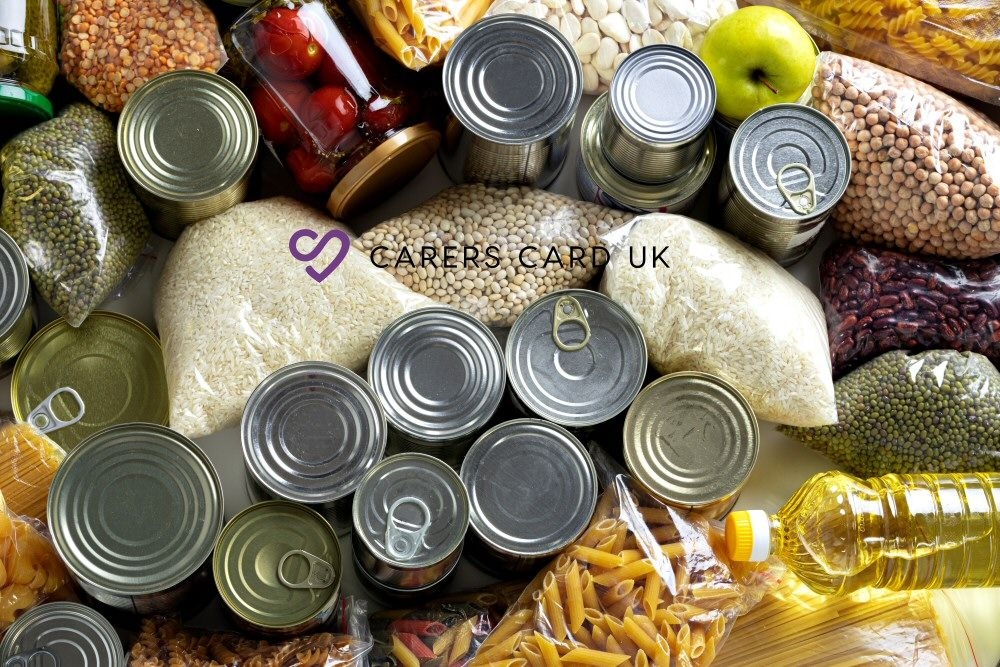1. Add Legumes
Incorporating legumes such as lentils, chickpeas, and beans into your meals is a fantastic way to increase the volume and boost the nutritional value without adding significantly to the cost. Legumes are high in protein, fibre, and essential nutrients, making them an ideal choice for creating hearty, satisfying dishes.
For example, you can add red lentils to stews and soups. They cook quickly, thicken the broth, and are virtually taste-neutral, allowing them to blend seamlessly into various recipes.
2. Use Root Vegetables
Root vegetables like potatoes, carrots, and sweet potatoes are not only affordable but also excellent for bulking out meals. They add bulk, fibre, and a range of vitamins to any dish. Dice or slice them and add to casseroles, pies, and soups for increased meal volume and a natural sweetness that enhances overall flavour.
A tip for carers: roasting a large batch of mixed root vegetables at the beginning of the week can save you prep time for multiple meals throughout the week.
3. Bulk Up with Grains
Grains like rice, quinoa, and barley are cost-effective, nutritious options to bulk out meals. They absorb flavours from other ingredients, making them ideal for batch cooking. Try adding brown rice to a chili or a pilaf to extend the meal while boosting your intake of B vitamins and minerals.
Cooking grains in bulk and freezing in portions can also be a huge time-saver, ensuring you always have a quick addition ready for any meal.
4. Include Frozen Vegetables
Frozen vegetables are a great addition to any meal: they are cheap, last a long time, and are pre-chopped, saving you time and effort. Stir them into curries, soups, or pasta dishes to enhance the meal’s nutritional content without the hassle of additional peeling and chopping.
Frozen peas, for example, are a versatile, nutritious, and inexpensive way to enhance the colour and texture of your meals.
5. Expand with Eggs
Eggs are not only a great source of protein but also an economical way to bulk out meals. Beat and stir eggs into stir-fries, fried rice, or a vegetable hash to create a more substantial dish that is both nutritious and filling.
This is particularly useful for carers who need quick, protein-rich meals that can be prepared with minimal fuss and expenditure.
Summary and Key Takeaways
- Add legumes to increase protein content and meal volume cheaply.
- Bulk out dishes with hearty, nutritious root vegetables.
- Incorporate grains to extend meals economically while boosting nutrients.
- Use frozen vegetables to save time and add colour and nutrition effortlessly.
- Mix in eggs to provide a quick, protein-rich addition to various dishes.
By using these tips, carers can prepare large, healthy meals without overspending or spending hours in the kitchen. These strategies ensure that you can focus more on caring and less on cooking, with the peace of mind that you and your loved ones are well-nourished. For more advice and resources, visit CarersCardUK.

